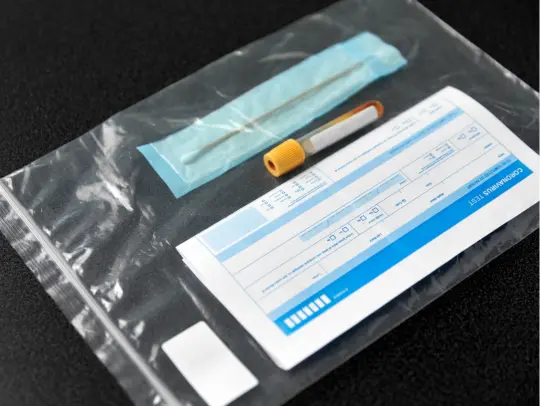
Nurse Practitioner Clarissa - Which Medication is Best to Treat Erectile Dysfunction?
Which Medications Are Best for Treating Erectile Dysfunction?
Hi, I’m Clarissa from Our Doctor, and today we’re addressing a question many men ask: Which medication is best for treating erectile dysfunction (ED)? When considering ED medications, popular options include Viagra, Cialis, Stendra, and daily tablets. Each of these options can help improve sexual performance by promoting better blood flow, but understanding how they work and the potential side effects can help you make an informed decision.
How ED Medications Work
These medications are effective because they all belong to a category called phosphodiesterase type 5 (PDE5) inhibitors. PDE5 inhibitors work by increasing blood flow to the penis, helping men achieve and maintain an erection. The active ingredient in these medications relaxes blood vessels and boosts circulation, facilitating better erections during sexual activity.
Choosing the Right Medication for You
While Viagra, Cialis, and Stendra all work similarly by inhibiting PDE5, they can affect each individual differently. Several factors impact how these medications may work for you, including:
- Age: Older men may have different metabolic rates, affecting how long the medication stays in the body.
- Weight: Body mass can impact how effective the medication is and how quickly it takes effect.
- Sexual Activity Frequency: Those with a more active sex life may benefit from a different dosing schedule, such as daily Cialis.
- Arterial Health: The condition of your arteries can influence blood flow, affecting how well the medication works.
Since each medication varies slightly, it’s essential to consult a doctor to determine the best choice for your unique health profile and lifestyle.

Sildenafil Citrate Ajanta
Ajanta Sildenafil Citrate (Generic Viagra)
Ajanta Sildenafil Citrate 25mg, Generic Viagra pills have been approved by the FDA to treat erectile dysfunction.Your Price Buy Now!
Coupon automatically added to your cart
Potential Side Effects of ED Medications
While these medications are generally safe and effective, they can come with side effects. If you’re taking Viagra for the first time, be on the lookout for symptoms like:
- Headaches
- Ringing in the ears
- Hearing loss
- Vision changes









































